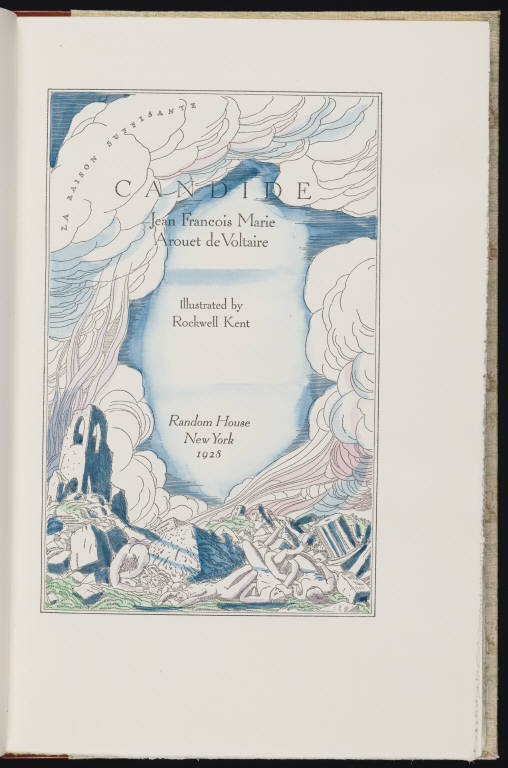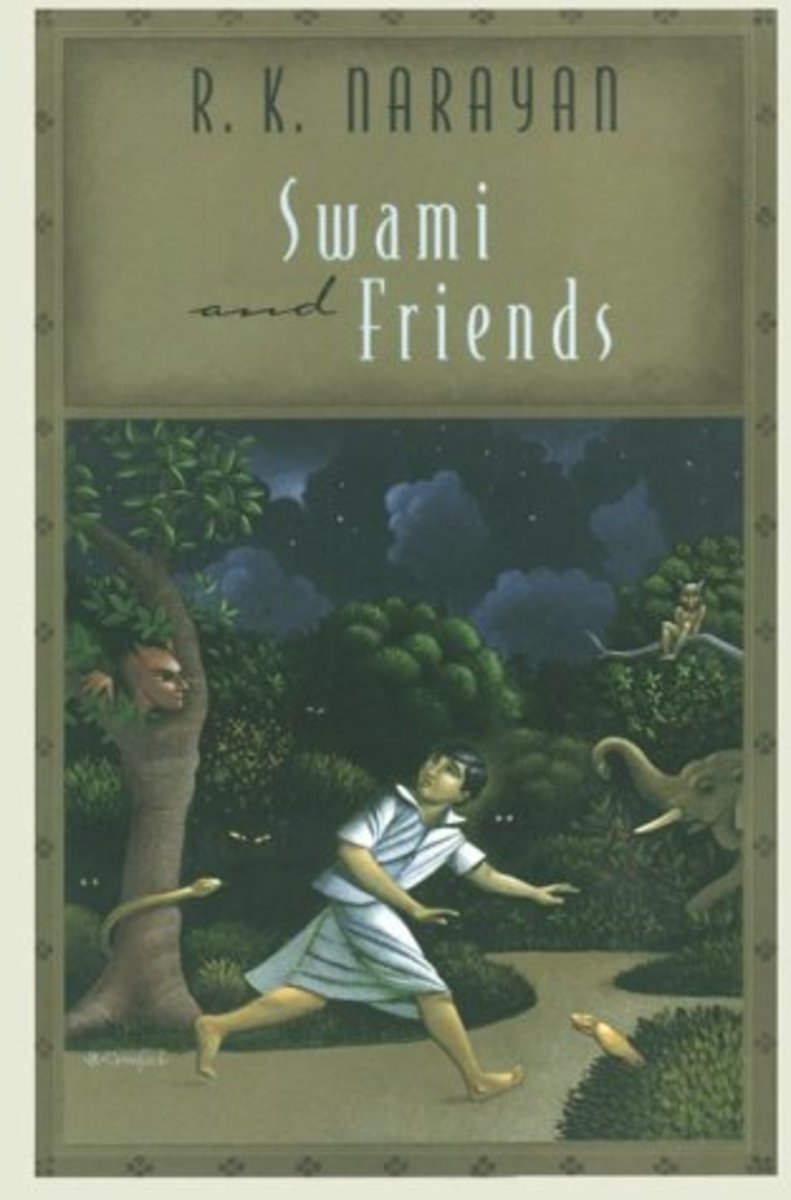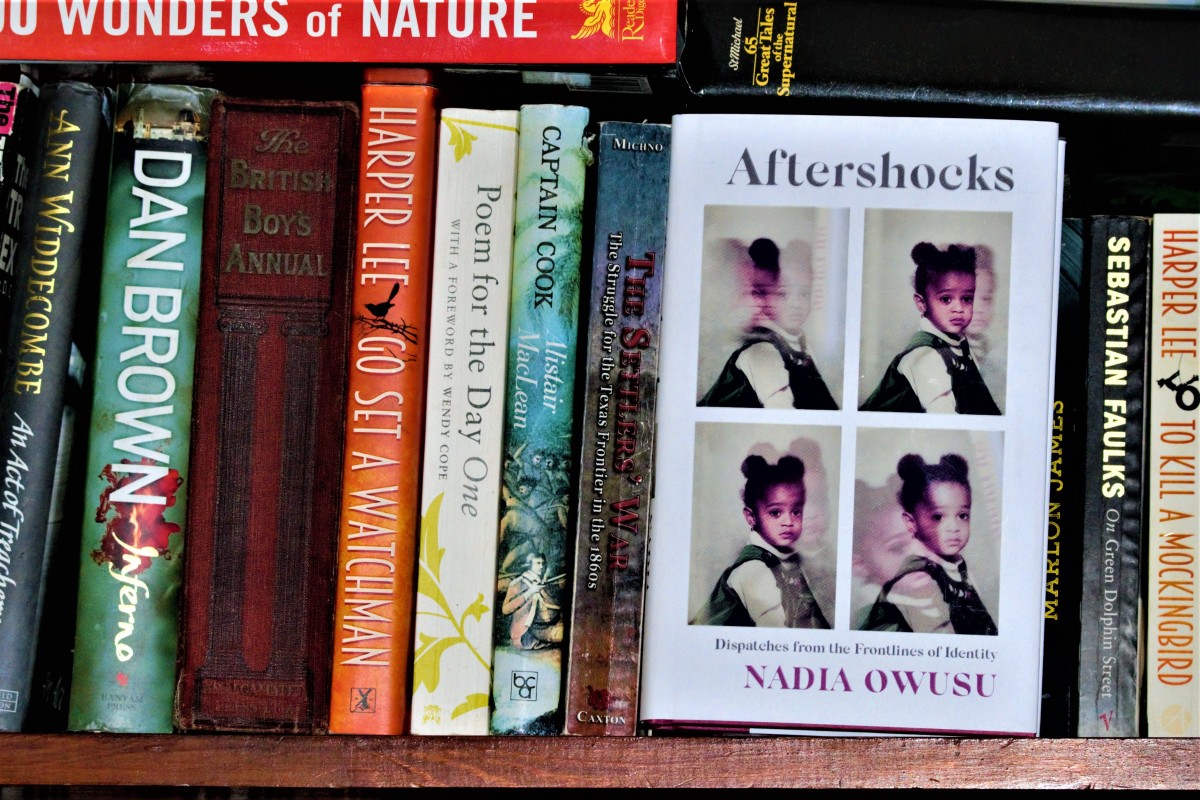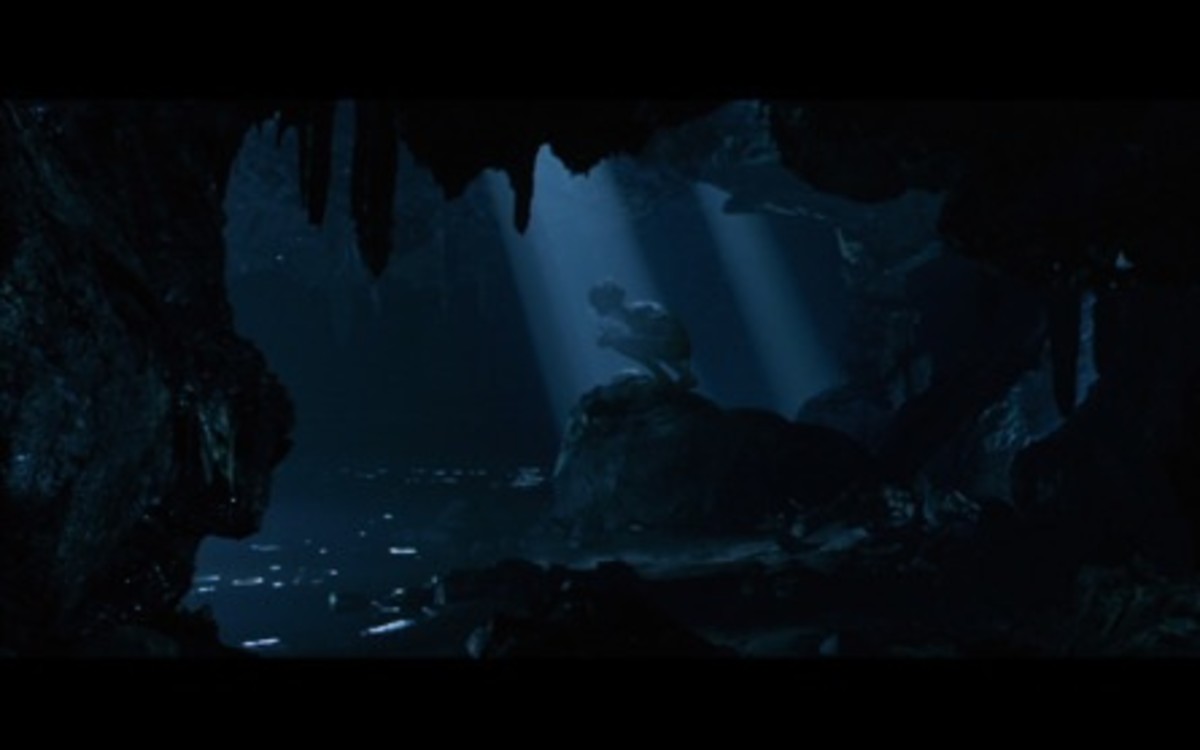Voltaire's Candide - Book Review

Review of Interest
Voltaire's Candide has been a highly influential book, but it is also a very entertaining piece of literature. It is fast-paced, beautifully-written and hilarious. This book deals with many social issues (that are still hot-topics today) with piercing honesty blunted only by humor.
I highly recommend you pick up a copy of this well loved piece of literature.
Review of Influence
Voltaire’s Candide speaks boldly against many widely accepted views of his time. This piece of art fearlessly mocks religion and government and with greatest malice mocks Leibnizian Optimism. It is this intrepid but not overbearing handling of prevalent topics that made Candide influence span cultures, countries and centuries.
In 1762, just three years after it was released, Candide was prohibited by the Catholic Church due to its clear opposition towards religion or at least the hypocrisy within. Voltaire includes various historical and religious figures within this book – nearly all of which are corrupt and hypocritical. At one point in the story we meet a woman who is the daughter of Pope Urban X (p.24), implying that the ‘human head’ of the Catholic Church had broken his vow to celibacy and committed adultery. Voltaire doesn’t speak against religion as a whole though, Jacques; an Anabaptist is a very kind and generous man and a key character in Candide.
Even though Voltaire spoke brutally against social norms, his book was a best seller in its year of release. Humorous satire was the tool that made the offensive themes of this book acceptable to the readers: Disarming those who would otherwise be offended and allowing them to accept reprimand with a chuckle. Speaking rudely and bluntly toward a widely accepted way of life will get you killed (at least in Voltaire’s time), but comedy will capture an otherwise unwilling ear.

The subject that Voltaire speaks against most strongly is Leibnizian Optimism. Leibniz was a philosopher and a mathematician. His stance was that the world we live in is the best possible world and “All is for the best in the best of all possible worlds”. This was an agreeable philosophy to the majority, who believed that God was all powerful and would not allow this world to be anything but the best. It is said that even Voltaire believed this principal for some time until the Lisbon earthquake in 1755 where there were up to 100,000 casualties (1). Voltaire places Candide in the aftermath of the destruction that came from this earthquake (p. 10) and forced him to be a soldier in the Seven Years War (p.5) making it clear that this world indeed is not the best of all possible worlds.
Candide grew up in a castle with Panglossian philosophy which is the same as Leibnizian Optimism and accepted it without question. Throughout the story Candide encounters many atrocities but hangs on to these principles. Voltaire writes this in such a way that we see clearly that Candide is being foolish and naive to continue to accept such principles. Along with this, Voltaire provides some of Pangloss’ ‘arguments’ for Optimism. Two of them being, “Observe, that the nose has been formed to bear spectacles – thus we have spectacles. Legs are visibly designed for stockings – and we have stockings” (p.2). By doing this, Voltaire has made a mockery of Leibniz showing that all of his arguments amount to foolishness.
It is the name that Voltaire had made for himself as an author before this book and the talent with which he created the story that allowed Candide any possibility of success. It is the great humor and perceived lightheartedness that made this book acceptable (not to authorities, but to individuals). But it is the way that Voltaire tackles such accepted views and beliefs that make this piece of literature so influential to society, past and present.
1. Drgeorgepc.com









